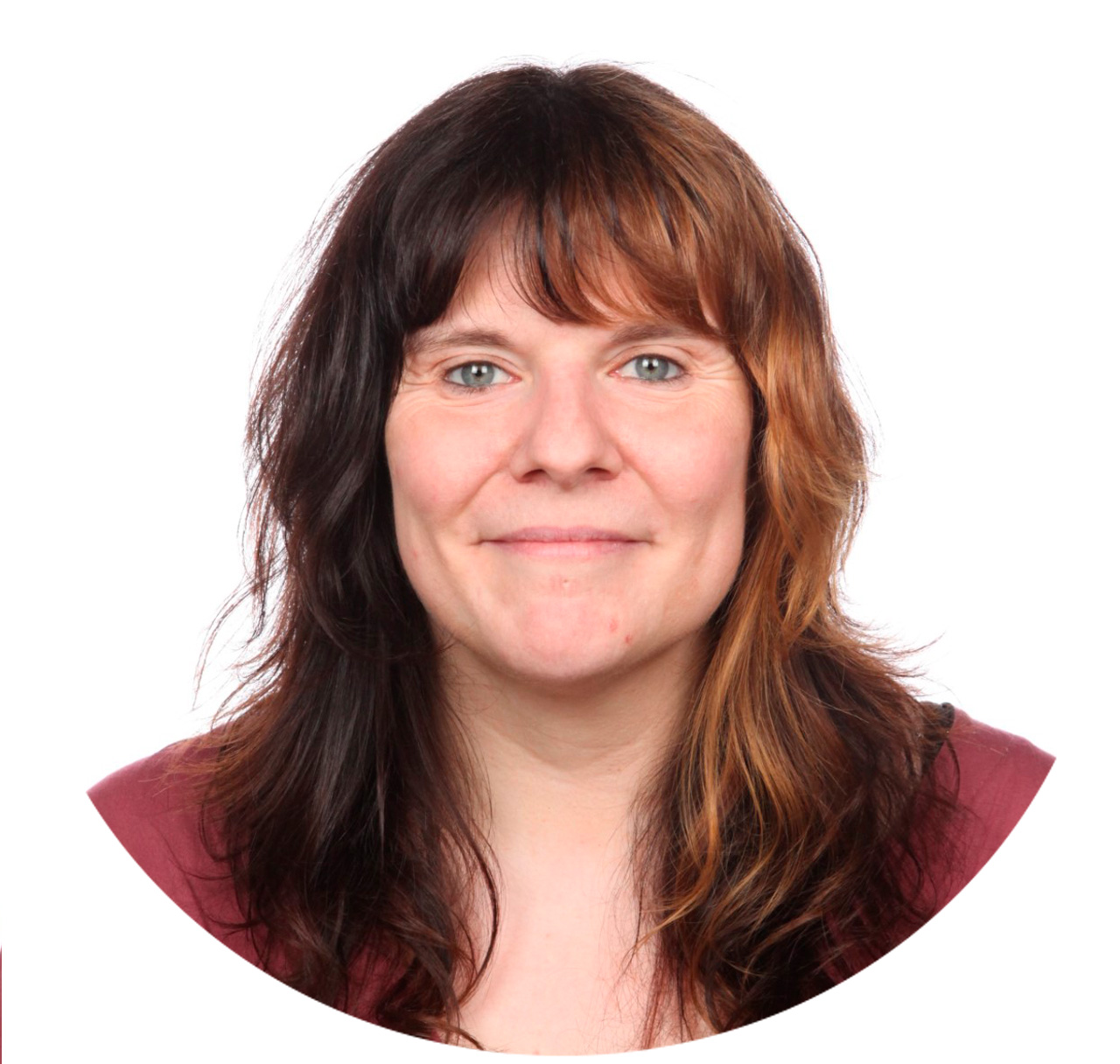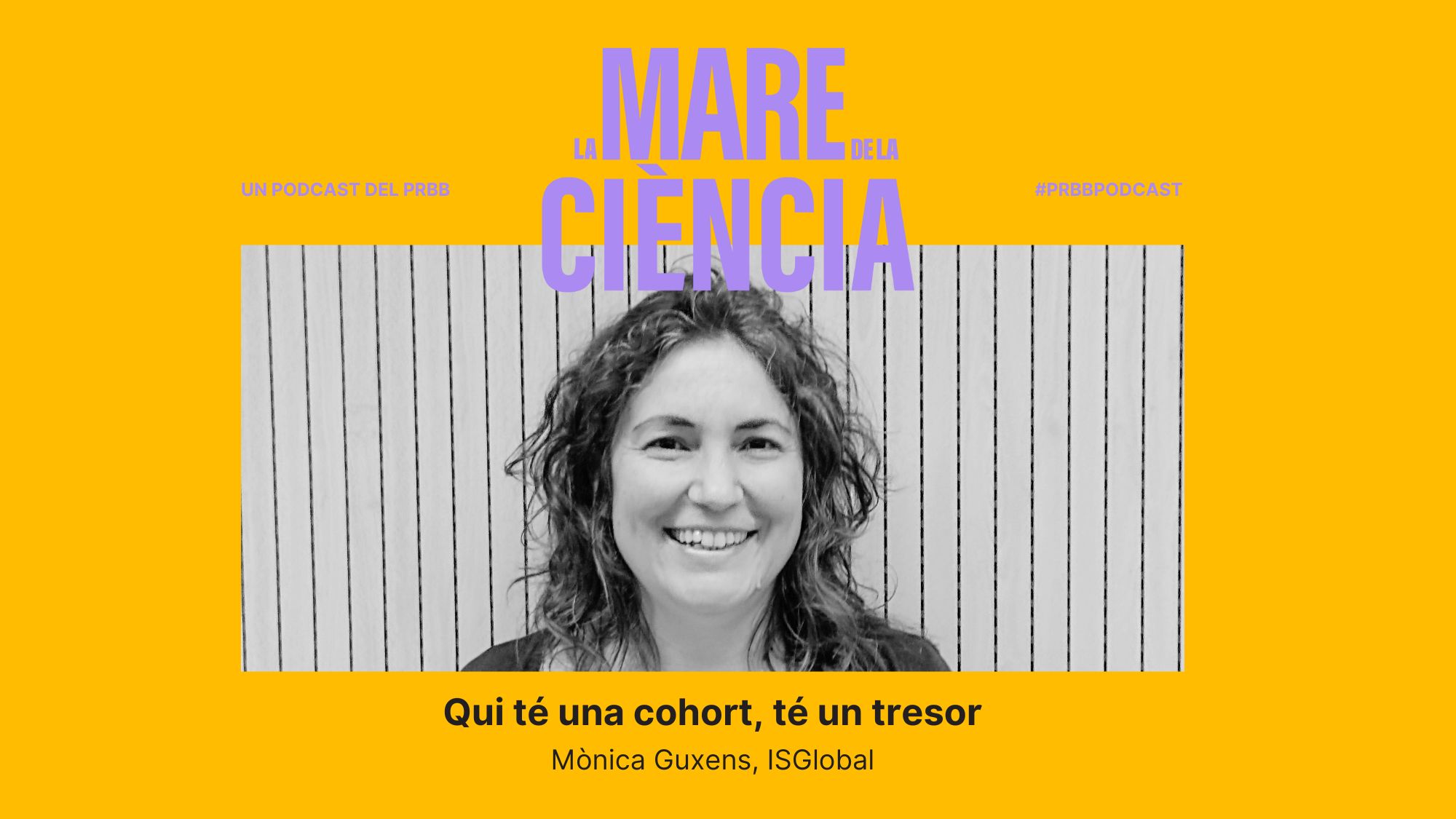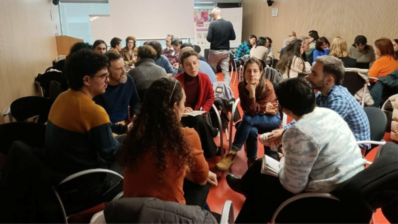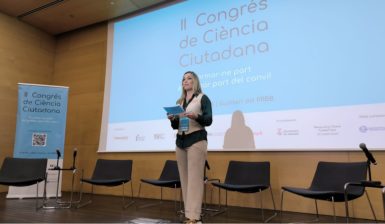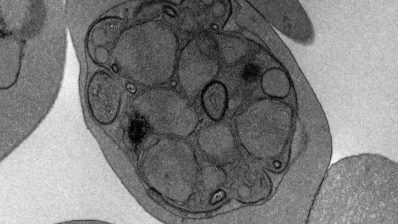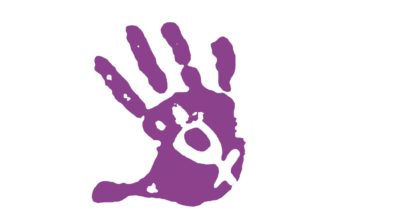Monica Guxens, a full research professor at the Barcelona Institute for Global Health (ISGlobal), joins us in the fifth episode of the podcast “La mare de la ciència”. We talk with her about epidemiological studies that cross generations and the importance and challenges of keeping a group of people collaborating in research for decades.
Her group works with cohorts – groups of people who share a common characteristic, such as being born at the same time or in the same place – that are followed over several years to study the effect of certain environmental factors. Mònica Guxens’ team has been collecting data from different cohorts for almost 30 years to study the effects of air pollution and radio frequencies from mobile phones on the health of children and teens.
“It is a treasure to have all the information from different exposures since they were foetuses and to be able to follow them into adulthood.”
Mònica Guxens, ISGlobal
They study the effects of these environmental determinants on children’s brain development, both prenatally and throughout their lives. They began studying the effects of polluted air in 1997 and are now incorporating the effects of climate change and 5G. The oldest people in their cohort are currently aged 26, and the researchers have managed to keep them involved in the study throughout their lives. “It is a treasure to have all the information from different exposures since they were foetuses and being able to follow them into adulthood,” she explains.
Don’t miss Maruxa Martínez-Campos’ interview with Mònica Guxens. You’ll find out how they have achieved it, what they have discovered, all the professional profiles that collaborate in the project or how Mònica applies what she has learnt with her son!
